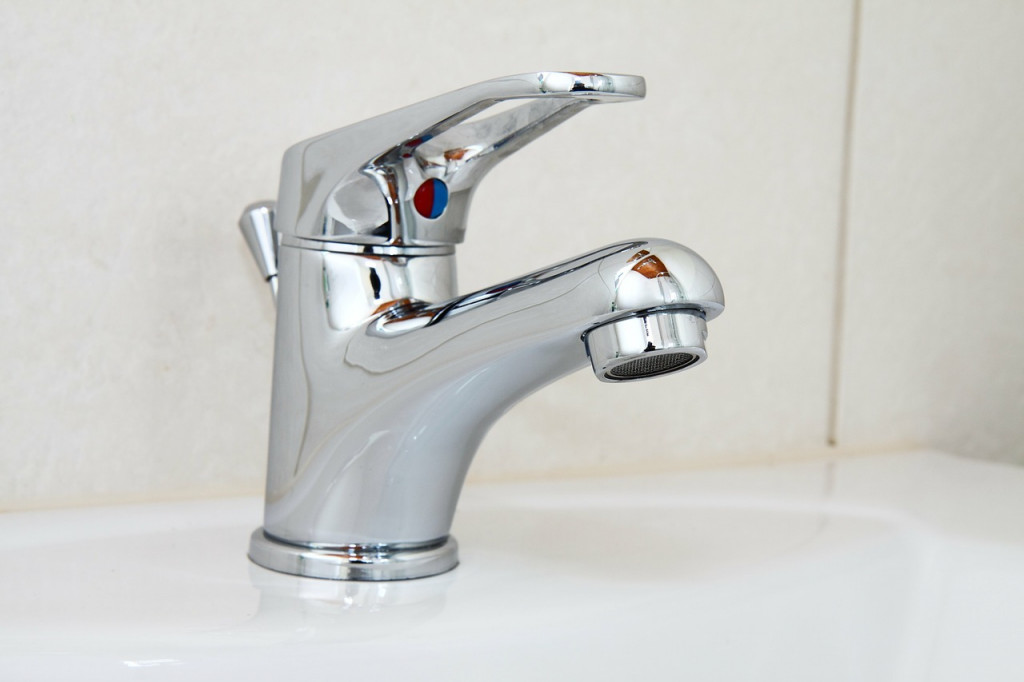Have your 2019 travels come to an end? If you’re nearing the end of your fall camping trips and don’t plan to travel to warmer climates this winter, it’s time to put your RV in storage. But if you don’t know how to winterize your RV, you might need some pointers. Here are some RV winterization tips to make the process go quickly and easily.
Prepping the Tanks and Lines
- Fully drain your fresh water holding tank, followed by your black and grey holding tanks. Make sure to dispose of your black and grey water contents at a dump site.
- Open both cold and hot water faucets throughout your RV. This will allow air to circulate. Make sure to open all faucets, including for the shower and tub.

- Use an air compressor to blow air through the lines. This can help prevent your antifreeze from being diluted with any remaining water that might be in the lines. Close the faucets.
Add Antifreeze
You’ll need to add antifreeze to the plumbing system at this point. There are different methods and specifics for filling your RV’s lines with antifreeze, so contact our service department if you have questions or need assistance.
Clear Out the RV
- Take out all your food from the pantry and bedroom linens. Food left in your RV’s pantry can attract pests and rodents, and that’s not a mess you want to deal with in the spring! The linens will need a fresh wash.
- Sweep and vacuum the floors and wipe down all the surfaces. Make sure to take out the garbage too!
Protect and Repair
- Now’s the time to check for any repairs needed. If there’s any damage to the roof, tires, slide outs, seals, or anything else, make the repairs a priority before putting your RV in storage for the winter.
- Cover vents and holes to prevent rodents or other pests getting in.
- Leave your RV on blocks if you can, to take weight off the tires.
Winterizing your new or used RV properly can make all the difference between enjoying a great start to next year’s travel season and facing a lot of damage that could have been prevented. Winterizing your RV isn’t difficult, but you need to prioritize getting it done so you can keep it in great condition. Contact us today if you have any questions about how to winterize your RV!
